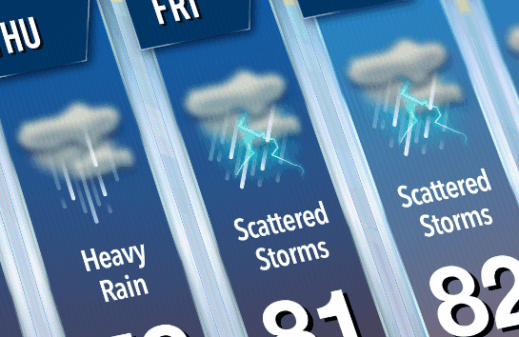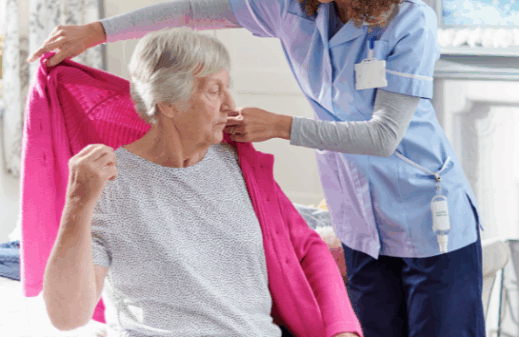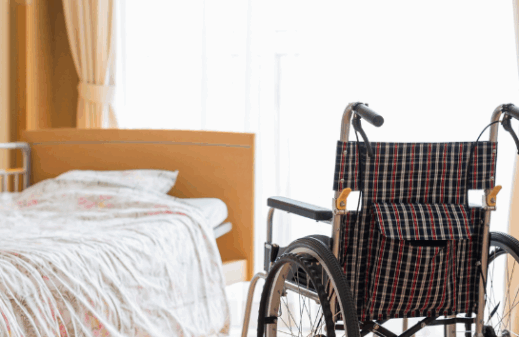To our colleagues at adult residential care facilities – Some of you have mentioned that it would be helpful to receive content that you can share with residents’ families through your website and newsletter. This article is designed for that purpose. Feel free to copy and paste it into your own communications as you see fit.
If a loved one has been diagnosed with Alzheimer’s disease or another form of dementia, you may be wondering what to expect and how you can help. Although dementia is challenging for families, there are steps you can take to help your loved one stay safe and comfortable.
Understanding Dementia and Alzheimer’s Disease
The CDC says dementia is not a specific disease but a general term to describe impaired memory, cognition, and decision making. Alzheimer’s disease is the most common type of dementia, whereas other causes include Lewy body dementia and vascular dementia.
In 2014, approximately 5 million adults over the age of 65 had dementia. By 2060, this number is expected to rise to 14 million. Despite the high prevalence of dementia, it is not considered a normal part of aging.
Diagnosing Dementia
Dementia impacts cognitive abilities, including memory, attention, problem solving, and communication. The CDC says common signs of dementia include getting lost in a familiar neighborhood and using unusual words to refer to familiar objects.
If a loved one has been forgetting things more often or having trouble functioning independently, a medical assessment may be necessary to determine whether dementia is the cause. Although this may be frightening, a diagnosis can help you make plans and ensure your loved one receives appropriate care. Additionally, some causes of dementia symptoms may be reversible, such as medications and a thyroid hormone imbalance.
Communicating with Loved Ones
Communicating with someone who has dementia can be frustrating – even heartbreaking. People may forget things they should know (including who you are) and may become confused, agitated, or angry.
Try to be understanding. Remember, if a loved one forgets who you are, it’s because of the disease, not because he or she doesn’t love you. The National Institute on Aging has several suggestions to make communication easier, including:
- Make eye contact.
- Use the person’s name.
- Pay attention to your tone, volume, expression, and body language.
- Encourage a two-way conversation for as long as you can.
- Use gentle touching and other methods of communication.
- Try distracting the person if your attempt to communicate causes problems.
- Don’t talk about the person as if he or she is not there.
- Don’t use baby talk.
- Provide simple and step-by-step instructions and repeat as needed.
Keeping Loved Ones with Dementia Safe
The cognition problems associated with dementia can lead to accidents and injuries. For example, someone with dementia may forget to turn off the stove and cause a fire or wander from home, become lost, and fall down. When in danger, people with dementia may not remember how to get help. Even if they think to call 911, they might not remember their address to tell the operator.
The National Institute on Aging recommends certain steps to create an Alzheimer’s-safe home, such as:
- Use smoke and carbon monoxide detectors in or near bedrooms and the kitchen.
- Put emergency numbers, dialing instructions, and the person’s address near phones or on the back of their cell phone.
- Install safety knobs and an automatic shutoff switch on the stove.
- Use childproof electrical plugs and latches on cabinets.
- Remove or lock up dangerous items, such as alcohol, cleaning products, weapons, and medicines.
- Prevent falls by removing clutter, marking the edges of steps with bright tape, installing handrails, and using rugs with nonskid backing.
- Put up signs. For example, you could create a sign with a warning to stay away from the oven.
- Set the water heater to 120°F.
For more tips, see the National Institute on Aging.
Securing the Care Your Loved One Needs
You may not be able to provide the level of care and supervision a loved one with dementia needs. For his or her safety and wellbeing, you may need to move your loved one to a residential care facility. Your loved one may already be in such a facility when the dementia develops – this doesn’t mean you can’t play a hands-on role in making sure your loved one is comfortable.
- Have frank discussions about your loved one’s needs and end of life plans. You may prefer to avoid the subject, but it’s important to make sure everyone is on the same page. Discuss the care your loved one needs now and how his or her needs are progressing, what the facility is doing and why, and how you can help.
- Determine whether the facility can provide the right level of care. As dementia progresses, residents may require a higher level of care than some facilities can provide. When this happens, patients should transfer to a facility more suited for residents with dementia.
- Visit regularly. Visiting is the best way to make sure your loved one is comfortable. Since long visits may be stressful, consider planning frequent but short visits.
- Post a calendar of visits or events they can look forward to.
- Help decorate your loved one’s unit. Bring in pictures or other items that remind him or her of happy times and bring comfort.




